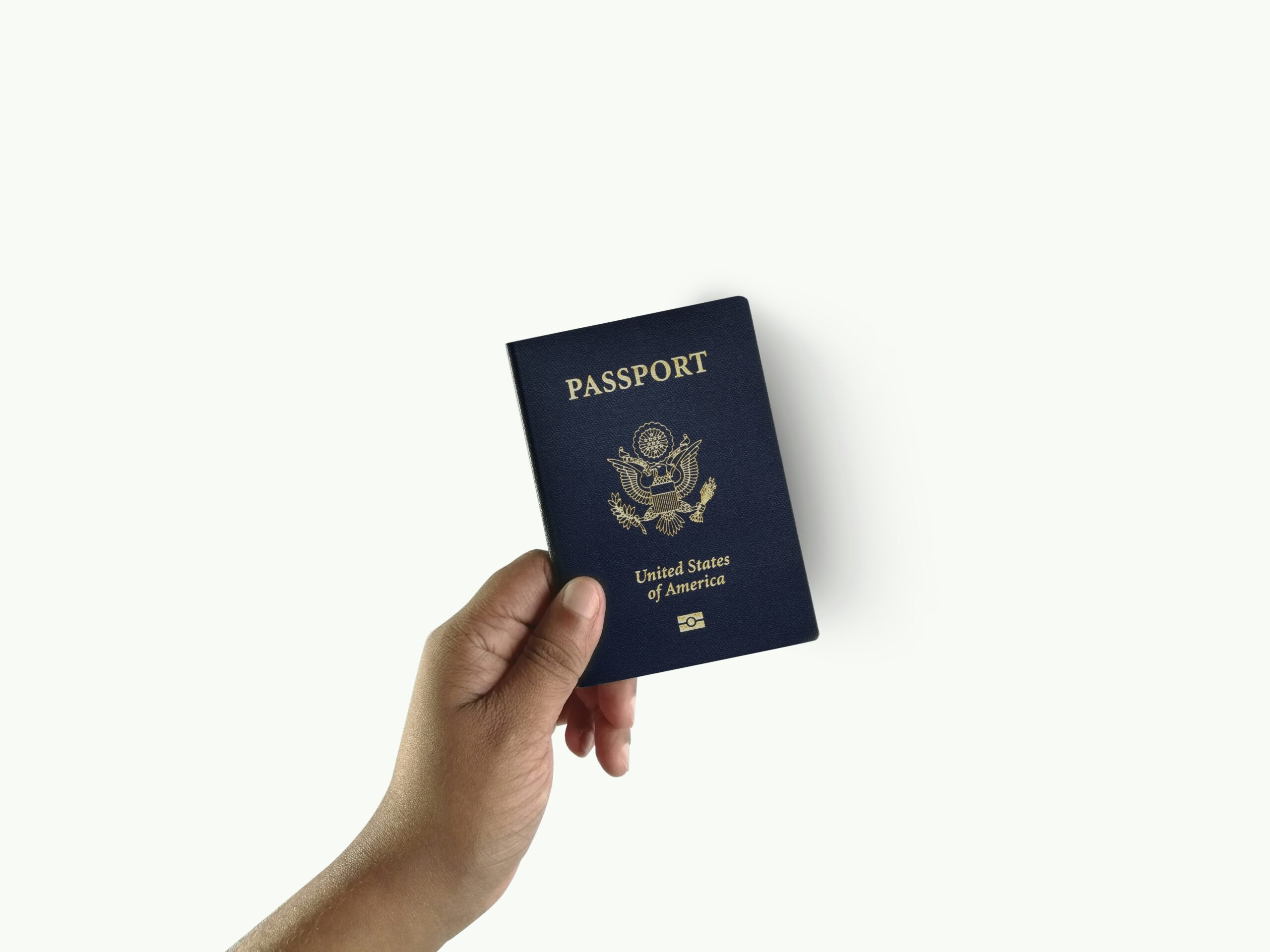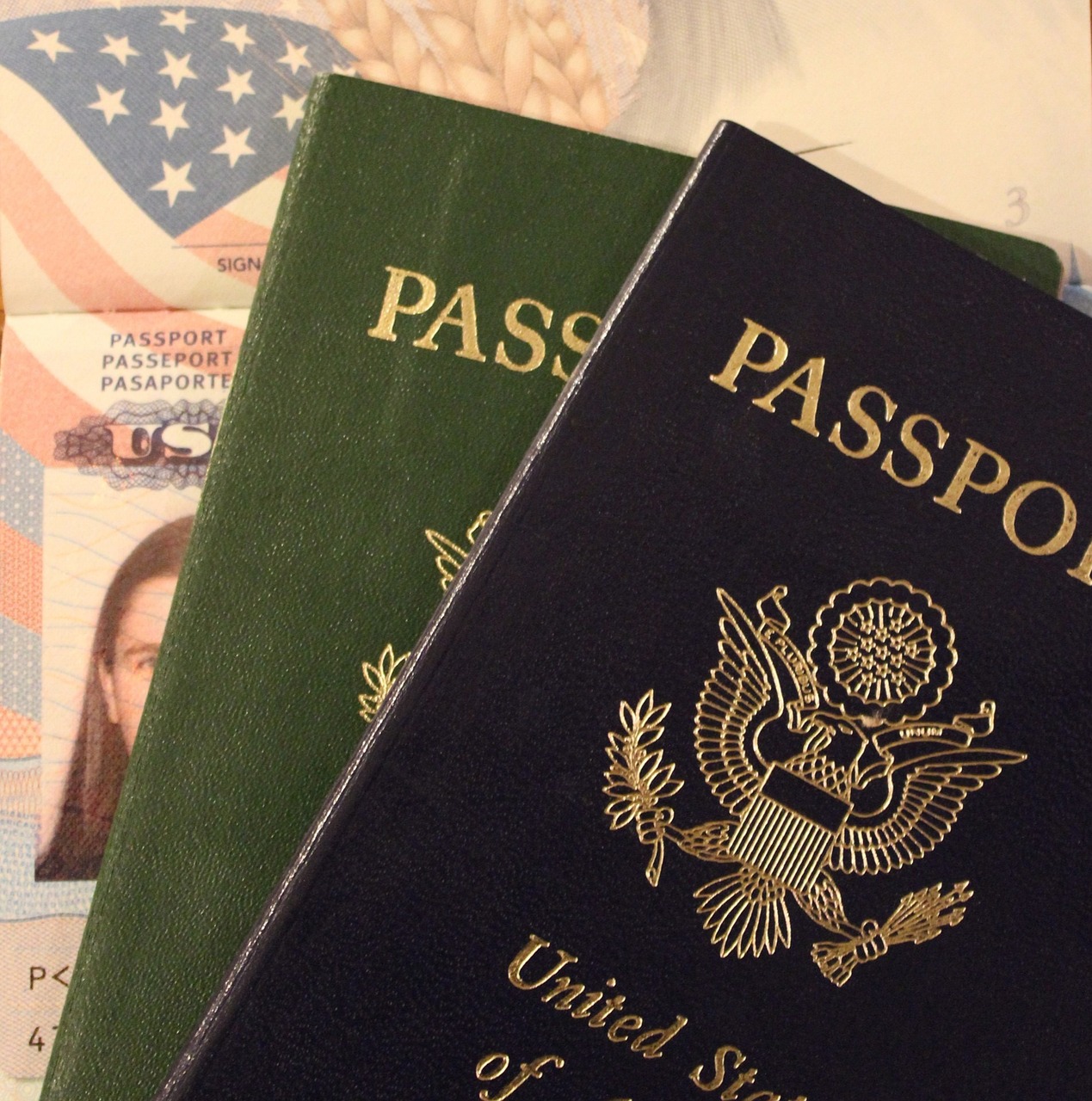How does an N400 work?
Hi, I'm Jim Hacking, immigration lawyer practicing law throughout the United States out of our office here in St. Louis, Missouri.
This is the first in our seven-part series on how things work in immigration. We wanted to give you the most up to date information of how things are going right now at USCIS with naturalization. And so we thought we would shoot this video.
You know, it's a crazy time with the coronavirus and everything else. There are a lot of strange things happening with naturalizations.
We're hearing about people getting their naturalization ceremony has done in their car out in Los Angeles, there are all kinds of crazy things. But let's step back for a minute and just talk about naturalization.
So naturalization is the process whereby somebody becomes a US citizen. Of course, people who are born in the United States are automatically US citizens by birthright and naturalization is for people who are born overseas and want to become US citizens.
In order to naturalize, you have to have had your green card for five years, you have to have been a lawful permanent resident for five years. If you're married to a US citizen, that five-year requirement is cut down to three years.
And the way that you apply for naturalization is you file a form, it's called an N400. The N400 application asks all the questions that you have to be able to answer in order to qualify for a naturalization.
One of the things you're going to have to be able to do is demonstrate that you're a person of good moral character. So when you apply for naturalization, you're going to have to talk about any arrests, any appearances in front of a judge, any court dates, any prosecutions, any problems you've had with the law.
You're going to have to explain those and provide documentation and prove that you have taken care of those. Now, if you have a serious crime and that's anything over, more than a traffic matter, I would say that you probably want to talk to an immigration lawyer before you apply for naturalization.
If it's been within the statutory period in the last five years, that might keep you from becoming a US citizen. It used to be somewhat easier to become a citizen with a conviction in the last five years, now it's almost impossible.
Our understanding currently is that any case that has an arrest has to be reviewed by a supervisor and they're looking for ways to deny the case. So naturalization has become a little bit harder. That's one big thing to think about, are the crimes or interactions with law enforcement.
Another one to think about our trips overseas. So you always want to make sure they don't have any trips overseas of more than six months.
If you have any trips overseas of more than six months in the last five years, they very well may conclude that you have broken your continuous residence and that you're going to have to start over.
So if you've been out of the United States for more than six months and you want to apply for citizenship, again, you probably want to talk to an immigration lawyer because you may need to demonstrate either that you did not abandon your residency, or you may want to just go ahead and wait to apply.
When you apply for naturalization, a few weeks later you'll get a receipt notice. Then you get asked to come down to your local service center or field office and support service center and get fingerprinted.
Once you're fingerprinted, they will do a background check on you. They will run your fingerprints with the FBI and other law enforcement agencies to see if you have any convictions. They want to see if you're honest, when you list your convictions and all your other interactions with law enforcement.
Eventually you're going to get scheduled for an interview and at that interview, you're going to be asked to take a test.
The test consists of 10 questions about US history and if you get six of those, right, they'll stop asking questions and you will have passed that portion of the test.
You're also going to have to answer reading a question in English and writing an answer in English. So they will give you a text to read, sometimes it's on a screen, sometimes it's on a piece of paper, and then you're going to have to write an answer.
They'll give you the answer, but they'll expect you to be able to write it in English. If you pass those three parts, then they'll turn to the N400 and the N400 is that application that you filed and they're going to go over it question by question. So you really need to practice your naturalization exam.
You really need to practice for the test, of course, but you also need to have someone read to you the questions in the N400, because you won't have the questions in textual form. You're only going to be asked them orally, by speaking.
And so you want to be able to be used to answering those questions one by one and so you want to listen to each question many times, hopefully the answers will be no, but sometimes the officer asks the question in a different way.
So you really want to make sure that you listen to the question, that you answer accurately, and that you're completely honest. You don't want to hide anything or lie about anything. A lot of times people lie about things that they don't need to, and that means they don't get their citizenship.
And so that's sort of a negative thing we don't like to see that happen, so be honest. If you have questions about what to put on your naturalization application, or if there's a question on there that troubles you, follow your instinct, follow your heart and talk to an immigration lawyer.
If something doesn't feel right, it probably isn't right. And you want to make sure that you don't do anything to screw up your chances of staying in the United States and getting naturalized longterm.
If you have any questions about naturalization, we'd be happy to give you some help. Give us a call at 314-961-8200.
You can email us at [email protected]. Be sure to join us in our Facebook group, which is called Immigrant Home. And if you like this video, we ask that you please share it out on social so that you get updates and subscribe to our YouTube channel so you get updates whenever we make videos, just like this one. Thanks a lot. Have a great day.








